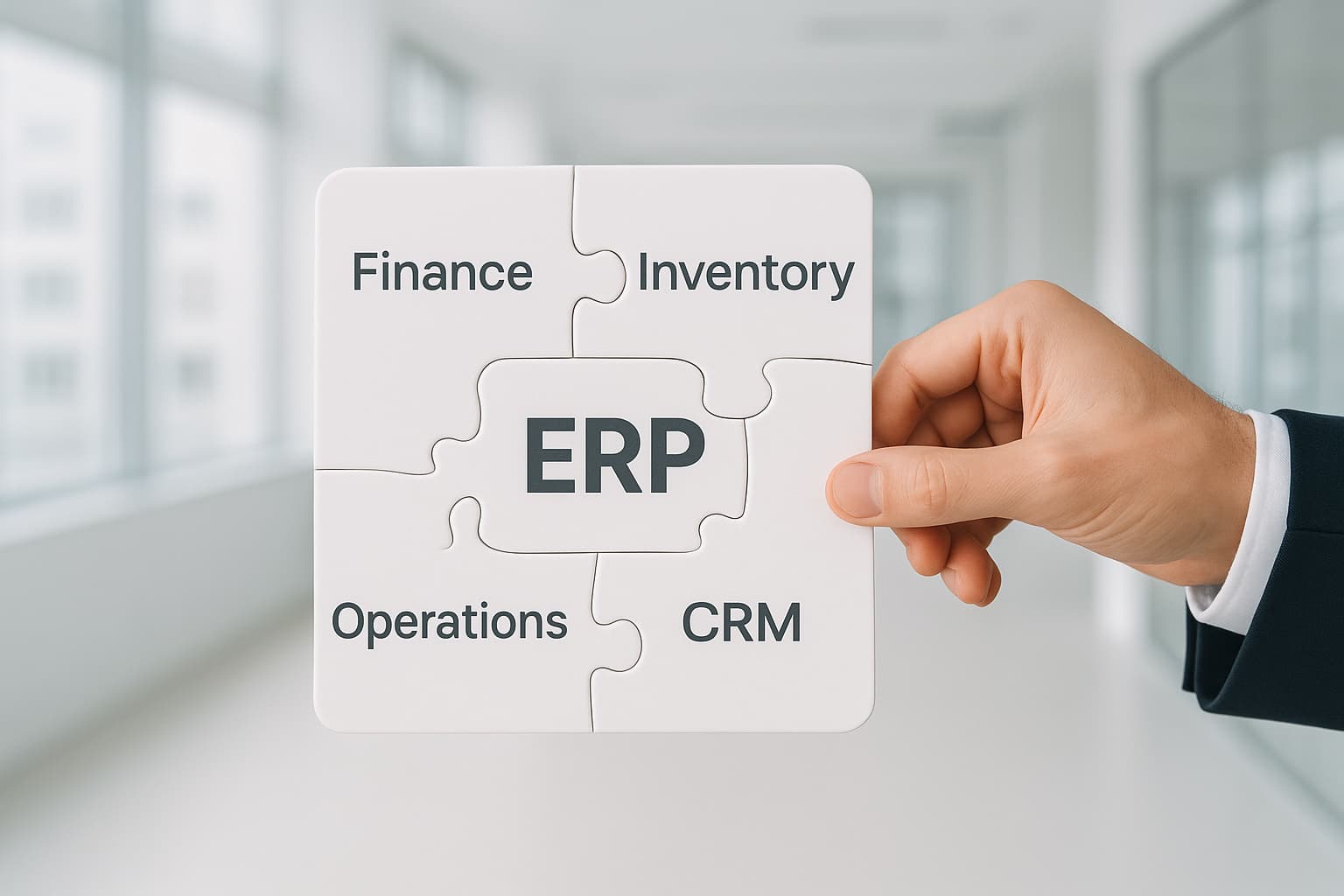Importance of eRP consulting Firm
Understanding the role of an ERP consulting firm or service is critical to the success of your digital transformation journey. It builds your business-specific ERP implementation strategy. This strategy enables you to efficiently implement your digital transformation journey and maximize benefits.
ERP systems come pre-packaged with modules specific to various business units. They commonly include sales, marketing, finance, operations, customer service, HR, and commerce. These modules require customization or configuration to meet the specific business requirements. ERP consulting firm helps you do that.
Trustfort is an experienced ERP consulting service provider in munich, Germany with a decade of experience in Microsoft Business Central ERP implementation. We help you make most from your ERP implementation in areas such as manufacturing, supply chain management, retail, warehouse management, and commerce. We not only excel in new ERP system implementations using microsoft dynamics 365 business central but also in existing ERP project implementation challenges to bring the ERP projects back on track.
ERP Consulting Process
The selection of an ERP consulting firm is the most critical step affecting the success or failure of an ERP implementation project. A common ERP consultation process begins with a need discovery call to an ERP consultant, such as Trustfort. Trustfort offers you a free need discovery call with no strings attached. This call acts as a gateway to ERP implementation process described below.
1. Consultation
The ERP consultant works with your team to understand your existing systems and processes, and meets with different stakeholders to build an overall understanding of the system. This phase answers the question: Where do we stand? The aim is to identify the challenges that the new implementation must solve, to be successful.
2. Needs Assessment
The ERP service provider starts collecting detailed requirements about the functions performed by each business unit, the workflows and compliance requirements.
3. Strategy
The business requirements are then mapped to the target ERP system like Microsoft Business Central. A project plan is laid out, and development work starts. The project management strategy that Trustfort uses in all of its projects is Agile project management because it is not always possible to look too far into the future and it helps adapt quickly to changing business requirements as the rubber meets the road. Another important consideration at this stage is to minimise disruptions in the everyday activities of the business.
4. Data Migration
Data migration is most critical step in the process. Successful data migration enables AI-enabled decision making using the built-in tools like CoPilot. This capability is most valuable resource in realistic forcasting and planning supported by your own data.
5. Training & Support
As each group of key business requirements gets implemented, the ERP consulting firm trains the users on how to use the system to perform their day-to-day tasks. Technical Support includes applying system upgrades, managing security and account settings, and backup/restore support during the lifetime of erp system.

